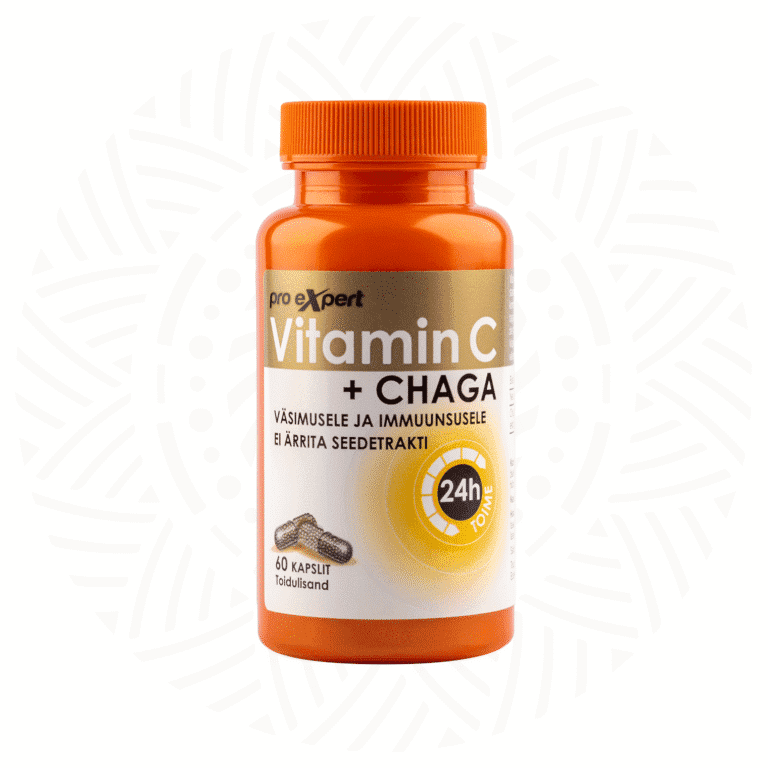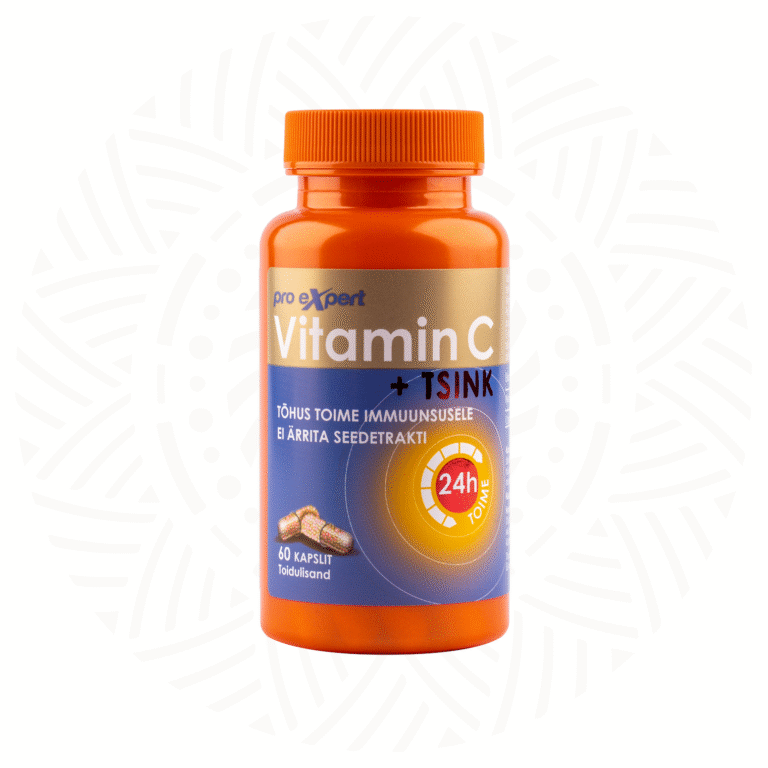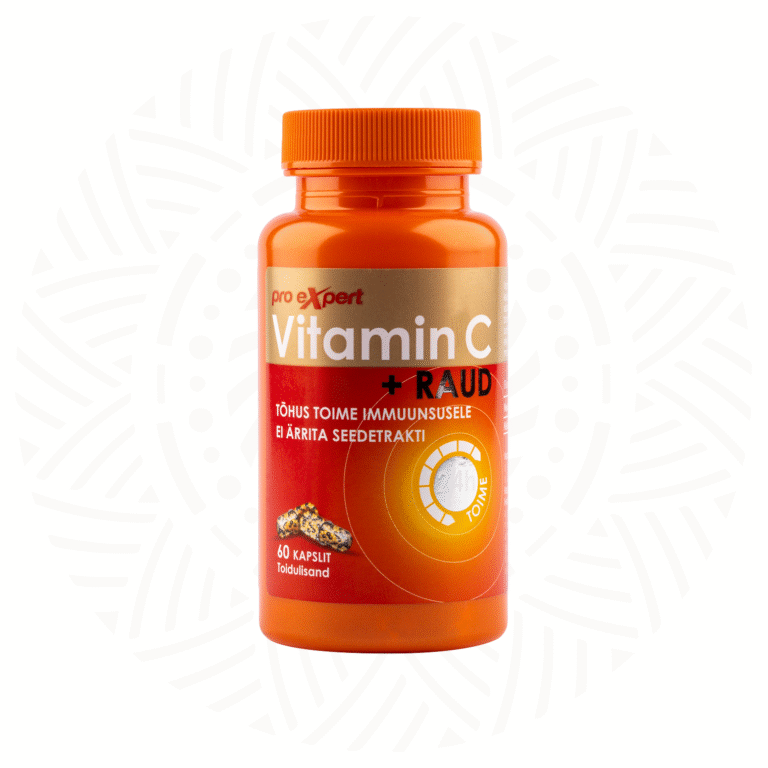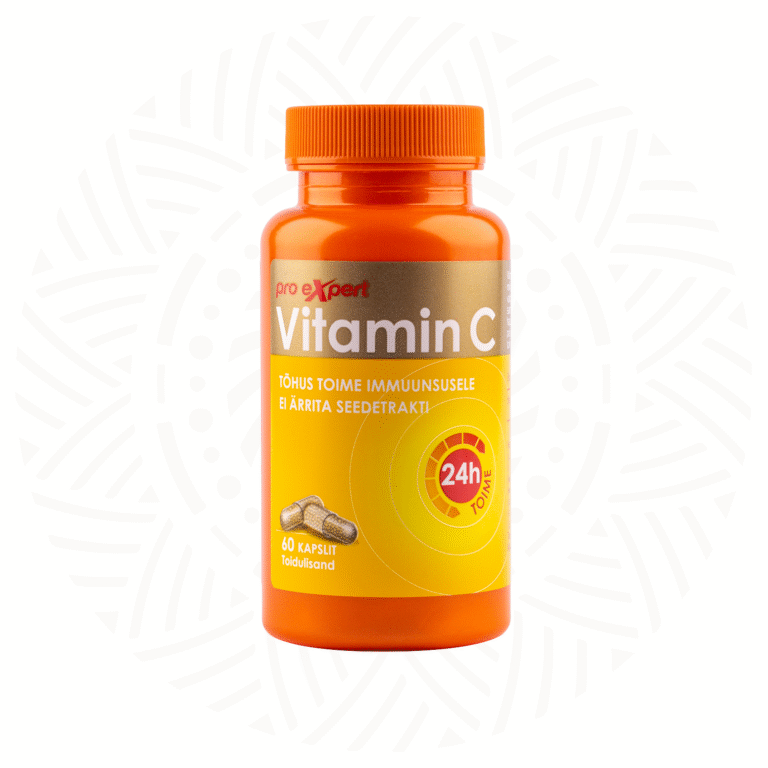Signs of iron deficiency can manifest in various ways and vary depending on individual factors. It’s important to know that sneaky iron deficiency can drain energy and health at any age. However, iron deficiency in the blood is only one side of the risk—improperly chosen iron supplements can also cause numerous unpleasant health problems.
Below, you will learn how to choose the best iron supplement to quickly and effectively restore low iron levels in the body and enjoy good health without unpleasant side effects.
What Are the Recommended Iron Doses?
The body requires small but consistent amounts of iron daily. Daily iron needs vary, ranging between 9 – 15 mg. The therapeutic and maximum dose for iron deficiency anemia is 50 mg, prescribed by a doctor. If your iron needs are higher, it’s better to take iron in smaller doses multiple times a day rather than consuming a single high dose at once to improve absorption.
Daily Iron Requirements:
- Children 5 – 9 years: 9 mg
- Children 10 – 13 years: 11 mg
- Girls 14 – 17 years: 15 mg, Boys: 11 mg
- Women 18 – 45 years: 15 mg, Men: 10 mg
- Women and Men 46+ years: 10 mg
- Pregnant and breastfeeding women: 15 mg
Which Is the Best Iron Supplement?
Iron supplements—including syrups, tablets, and capsules—primarily differ based on the type of iron salt used, which determines their absorption capacity. The higher the bioavailability of a particular iron salt, the more efficiently it is absorbed in the body. The best iron supplement is iron bisglycinate, which absorbs four times more effectively than widely used ferrous sulfate. Additionally, iron bisglycinate does not leave an unpleasant metallic taste in the mouth and does not cause stomach discomfort, nausea, vomiting, or gastric irritation.
Why Is Ferrous Sulfate Not the Best Choice?
Ferrous sulfate has relatively low bioavailability, absorbing at only about 30%. This means that in a 100 mg ferrous sulfate tablet, only 30 mg of iron is actually absorbed. The remaining 70 mg stays in the digestive system, increasing the risk of side effects such as constipation, stomach pain, nausea, and vomiting.
Additionally, the absorption of ferrous sulfate is significantly affected by stomach acidity. Since people over 50 often have decreased or inconsistent stomach acid due to medication use, the absorption of ferrous sulfate is even lower.
Choose an Iron Supplement with Vitamin C
Vitamin C is well known for its ability to enhance iron absorption in the body. When taken together, vitamin C helps iron dissolve and absorb more efficiently in the digestive system, increasing iron uptake by up to 600%!
Vitamin C not only improves iron absorption but also reduces gastrointestinal irritation, which can sometimes occur with iron supplements. Vitamin C acts as an antioxidant that protects the mucous membranes, reducing the risk of side effects such as stomach pain or nausea.
It’s important to note that regular vitamin C (ascorbic acid) is acidic and may cause discomfort for individuals with a sensitive digestive system. To avoid this, opt for a neutral pH vitamin C, which has the same pH level as distilled water, making it gentle on your stomach.
Which Iron to Choose for Growing Children?
Approximately 30% of school-aged children suffer from iron deficiency. The primary causes of iron deficiency in children are increased iron needs due to growth and development and insufficient consumption of iron-rich foods. Excessive dairy consumption, particularly drinking milk with meals, also reduces iron absorption.
Iron deficiency in children can cause several unpleasant symptoms that affect daily life and learning. The most common signs of iron deficiency in children include fatigue, poor physical endurance, attention problems, difficulty concentrating, and headaches.
If your child has low iron levels in their blood, you naturally want the best treatment. When selecting the best iron supplement, follow two simple recommendations—choose iron bisglycinate with vitamin C. Iron bisglycinate is highly absorbable and gentle on the digestive system, preventing unpleasant side effects such as constipation, stomach pain, nausea, and vomiting. When combined with vitamin C, iron absorption improves significantly, allowing iron levels to be restored more quickly.
Which Iron to Choose for Women of Childbearing Age?
Iron deficiency is a common concern for women of childbearing age, especially those who experience heavy menstrual bleeding. Restoring iron levels solely through diet can often be challenging. If you frequently feel fatigued, have pale and dry skin, brittle hair and nails, experience shortness of breath with minimal exertion, or develop cracks at the corners of your mouth, these may be signs of low iron levels.
Many women hesitate to start iron therapy due to fear of side effects. To avoid these issues, choose an iron supplement with high bioavailability. The higher the bioavailability, the lower the risk of side effects such as constipation, stomach pain, or nausea.
It’s important to know that iron therapy may take several months or even a year to fully replenish iron stores. Therefore, selecting a safe and effective iron supplement is crucial. Iron bisglycinate is an excellent choice as it absorbs up to four times better than conventional ferrous sulfate. To maximize absorption, choose an iron supplement that also contains long-acting and pH-neutral vitamin C. This will help restore your energy and maintain a healthy appearance more quickly.
Long-acting vitamin C ensures a sustained effect throughout the day and promotes better iron absorption from food. Additionally, pH-neutral vitamin C is gentle on the digestive system, ensuring comfortable use without stomach discomfort.
Which Iron to Choose During Pregnancy and Breastfeeding?
Iron deficiency is common during pregnancy and breastfeeding, as iron needs double during this period. If left untreated, pregnancy-related anemia can increase the risk of premature birth or result in a baby with low birth weight. For this reason, the World Health Organization (WHO) recommends iron supplementation from the beginning of pregnancy until childbirth. Iron intake is especially crucial in the third trimester when the baby grows rapidly.
While managing iron deficiency during pregnancy is important, selecting the right iron supplement requires caution. Traditional ferrous sulfate may increase iron levels but often comes with unpleasant side effects, which are already common during pregnancy—constipation, nausea, and increased stomach sensitivity. To prevent these discomforts from worsening, it is essential to choose an iron supplement that does not cause these side effects.
To avoid side effects, select an organic iron compound such as iron bisglycinate, which is gentle on the stomach. Iron bisglycinate does not cause constipation, nausea, or stomach irritation, making it safe to take throughout pregnancy.
Another crucial factor is the role of vitamin C in iron absorption. While vitamin C is essential for iron absorption, standard vitamin C (ascorbic acid) is acidic and may increase pregnancy-related discomforts, such as stomach pain and acid sensitivity. By choosing iron bisglycinate combined with pH-neutral vitamin C, you can support your health without discomfort.
One of the most common concerns during pregnancy is constipation, which some women experience throughout pregnancy and even beyond. It’s important to know that regular ferrous sulfate can exacerbate constipation, worsening an already existing problem. To prevent this, choose iron bisglycinate, which does not contribute to constipation.
Which Iron to Choose If You Are Over 50?
Individuals over 50 are at increased risk of poor iron absorption due to low stomach acid levels. Additionally, many older adults take medications that reduce stomach acidity, further impairing iron absorption. A monotonous diet is also a common cause of iron deficiency in this age group.
In older adults, iron deficiency symptoms are often overlooked or mistaken for age-related changes, making early diagnosis more difficult. Common signs of iron deficiency include:
- Chronic fatigue and lack of energy
- Shortness of breath and rapid heartbeat, even with minimal exertion
- Heart palpitations or irregular heartbeat
- Cold hands and feet or numbness
- Memory problems and difficulty concentrating
- Weakened immune system
It is important to know that iron requires an acidic environment to be properly absorbed by the body. Therefore, choosing the right iron supplement is especially important in older age. You need an iron supplement that absorbs efficiently regardless of stomach acidity and does not cause constipation, which is a common issue among older adults.
Since stomach acid levels decrease with age, regular ferrous sulfate does not absorb well. The best choice is iron bisglycinate, which absorbs up to four times more effectively regardless of stomach acidity and does not cause constipation.
Choose your iron supplement wisely and stay healthy!







